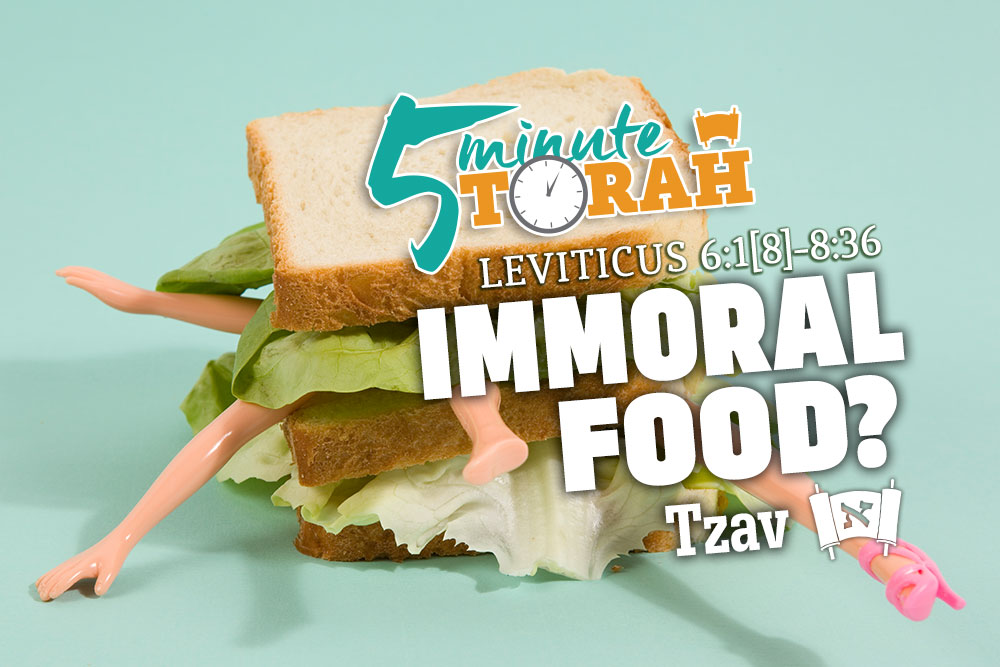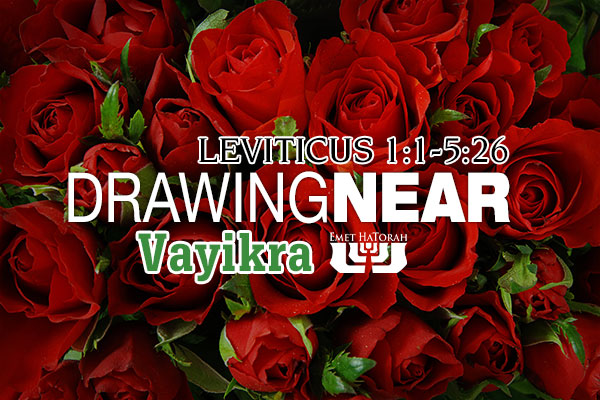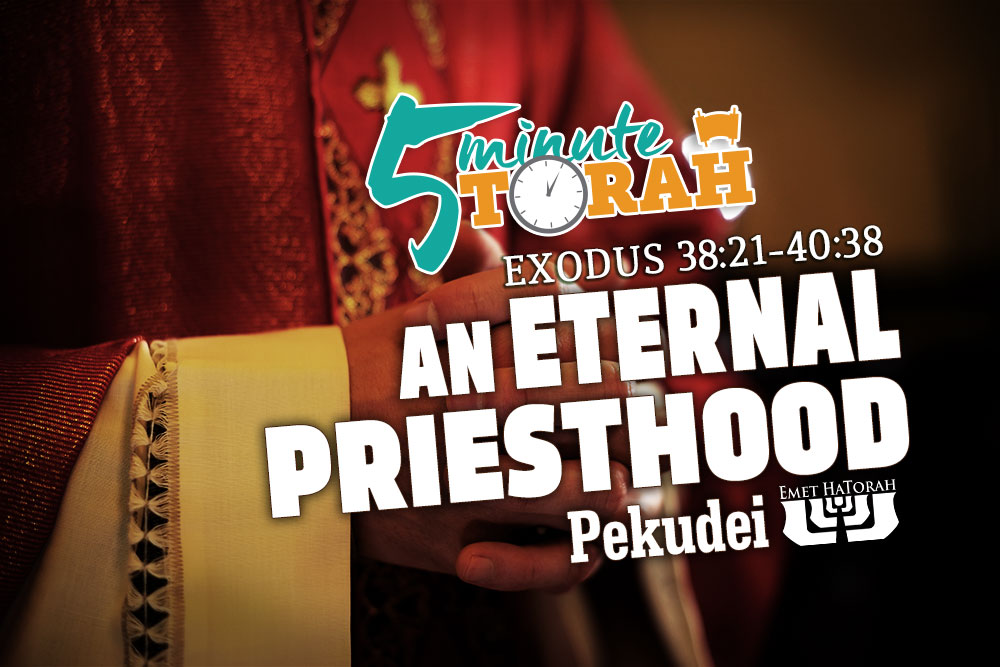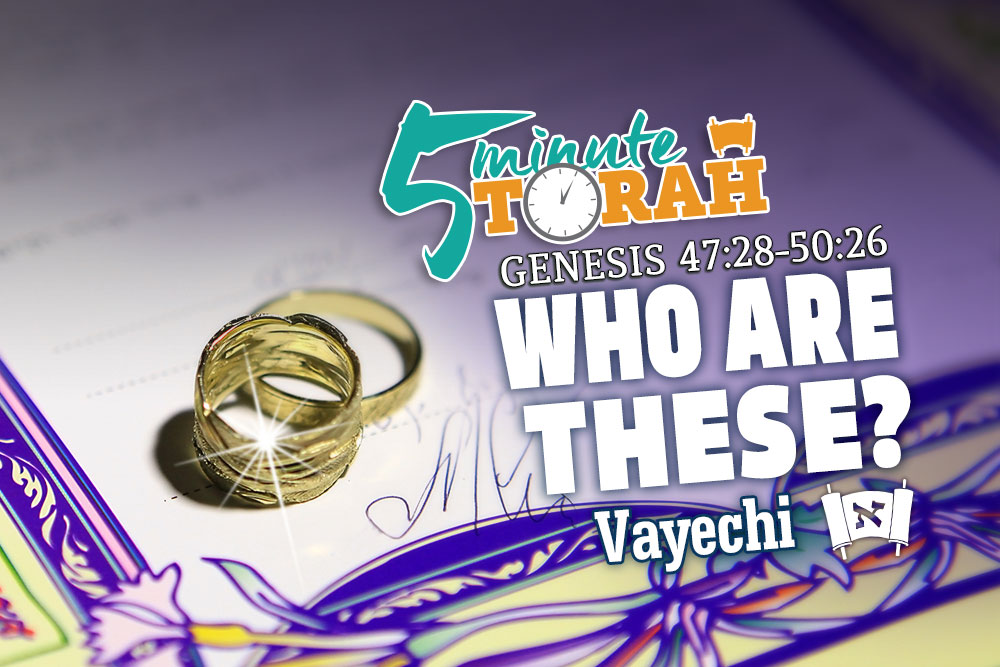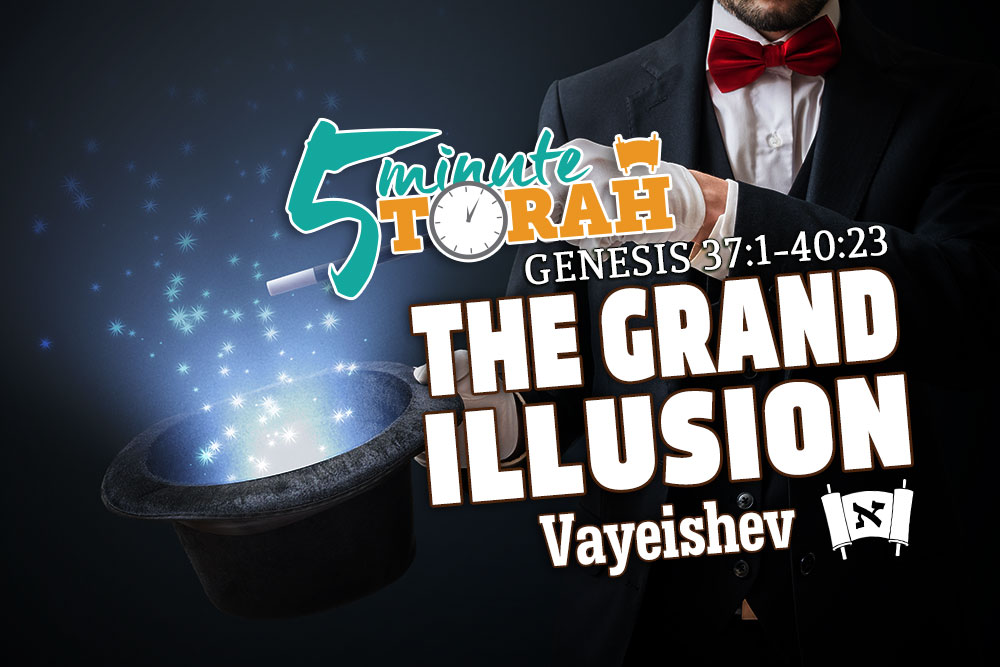Parashat Tzav (Leviticus 6:1[8]-8:36)
Sometimes, to our modern minds, the Torah’s instructions can seem irrelevant, primitive, or even savage. Take this week’s Torah reading for example. The first few chapters continue on about the various ritual sacrifices that our previous portion began describing. In chapter seven we learn that the meat from certain sacrifices may not be leftover after a certain amount of time. The meat of some sacrifices must be eaten before the next morning, but others may be extended until the following evening. The consequence for eating this meat after the prescribed time is that the person will be sinning:
He who offers it shall not be accepted, neither shall it be credited to him. It is tainted, and he who eats of it shall bear his iniquity. (Leviticus 7:18)

